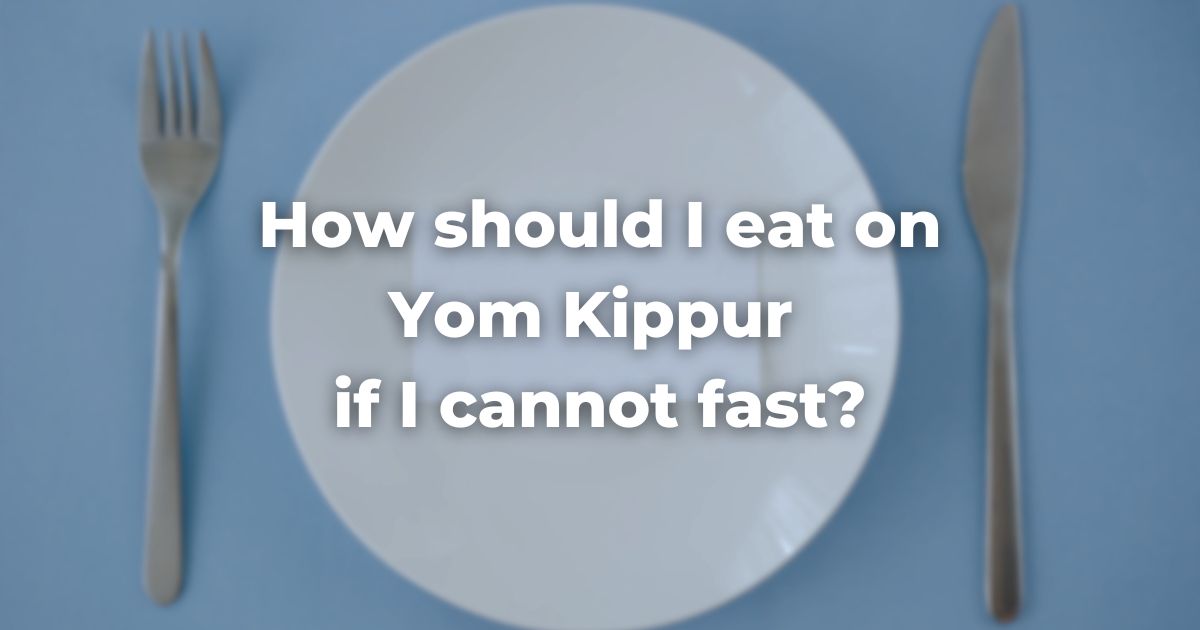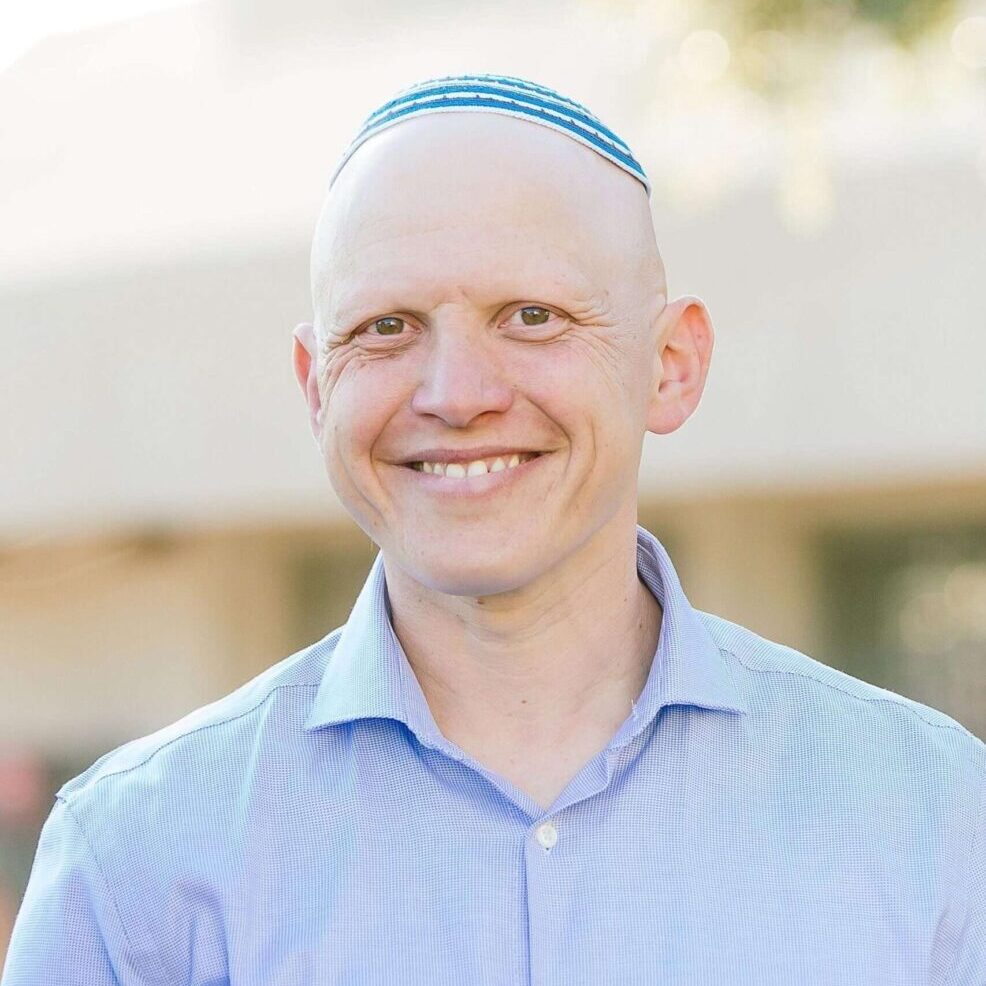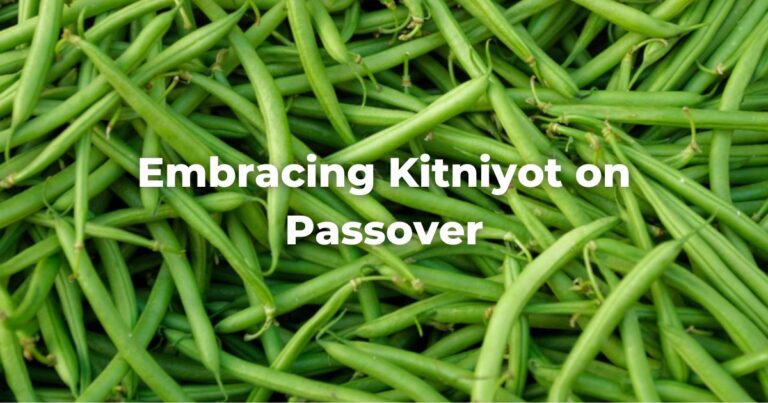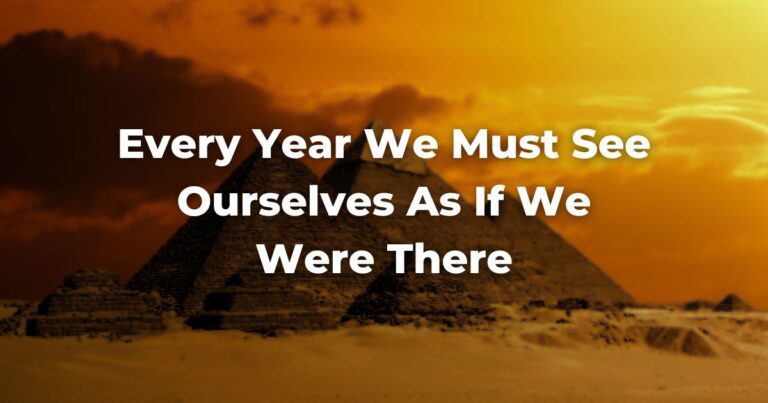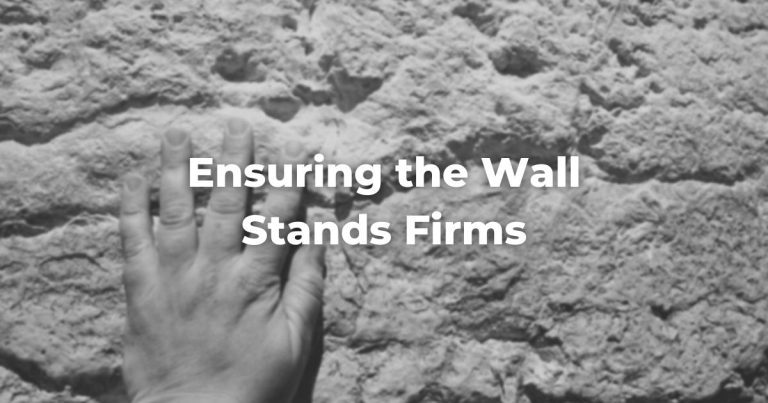What is the idea of not eating on Yom Kippur? Why is it so important? And what if I really can’t fast?
In the Book of Numbers, we are given the command to observe Yom Kippur:
ובעשר לחדש השביעי הזה מקרא קדש יהיה לכם ועניתם את נפשתיכם
On the tenth day of the seventh month, you shall have a holy assembly, and you shall afflict
your souls. (Numbers 29:7)
On MishnaA collection of rabbinic teachings edited in Israel around 225 CE. Organized in six sedaraim by subject matter and dealing with both ritual and civil law. Both the Jerusalem and Babylonian Talmud are expansive discussions of the Mishnah. Read more Yoma 8:1, based on this verse, rules that we “afflict our souls” for the duration of Yom Kippur by refraining from:
-
- Eating and drinking
- Washing
- Anointing with oil
- Wearing leather shoes
- Engaging in marital relations
We are not fasting on Yom Kippur because we are sad.
Instead, we remove ourselves from physical pleasures for one day in the year to assess for ourselves in front of God who we are and who we want to be. Fasting on Yom Kippur is a tool used to help us carry out Cheshbon
Nefesh, assessing our souls and reflecting on what really matters. We cut ourselves off from our world for one day to look at that world and work out how we can make it better.
The Rabbis of the TalmudReferring to one of two collections, the Jerusalem and Babylonian Talmuds, edited in the 6th century, that contains hundreds of years of commentary, discussion, and exploration of the ideas in the Mishnah. One could describe it as Mishnah + Gemara = Talmud Read more took this Mitzvah of fasting on Yom Kippur so seriously that they suggested that the punishment for eating is what is called Karet, spiritual cutting off from God. If a person doesn’t want to fast on this day together with the rest of the Jewish world, that person is disassociating from one of the most critical spiritual acts of the Jewish calendar.
But what happens if you can’t fast?
A basic idea in Jewish law is Pikuach Nefesh, preserving life. The greatest gift God gives us is life itself, so when faced with choosing between observing a Mitzvah and protecting life, one must always choose life. Therefore, if a person has a medical condition or an eating disorder that would endanger them by fasting, they are commanded to eat on Yom Kippur.
But what should a sick person eat if they must? Is there a particular way of eating? And what about making Kiddush?
If we must eat, the Halacha prescribes that we eat and drink only small amounts (about a mouthful) every nine minutes. The reason for this and not sitting down to a big meal is that the idea of “afflicting the soul,” as explained above, is still relevant even if we must eat for medical reasons. When eating, we should ideally not eat regularly so that we are still disconnecting from our daily lives on Yom Kippur.
However, we should recognize that for some, limiting food is a dangerous trigger for an eating disorder. Therefore, once again, Pikuach Nefesh takes precedence, and one should eat in a way that keeps them safe.
A couple of other things to point out: If you eat bread on Yom Kippur, you should still say Birchat Hamazon, with the additional inserts for Yom Kippur of Yaaleh Veyavo. However, if we do eat on Yom Kippur, we do not say Kiddush, as there is no command to make the day holy with wine on Yom Kippur.
Whether we fast or not, I hope we all have a meaningful Yom Kippur, which will help us recharge our spiritual batteries for the year.
Author
-

Benjy Behrman grew up in England and was an active member of Bnei Akiva, eventually becoming the Mazkir. He holds a BA in Archaeology and an MA in Jewish Studies. After moving to Israel in 2005, he obtained a teaching certificate in Philosophy and now works as the Director of Education for USY. He resides in Modiin with his wife, Emma, and their three children.
View all posts

